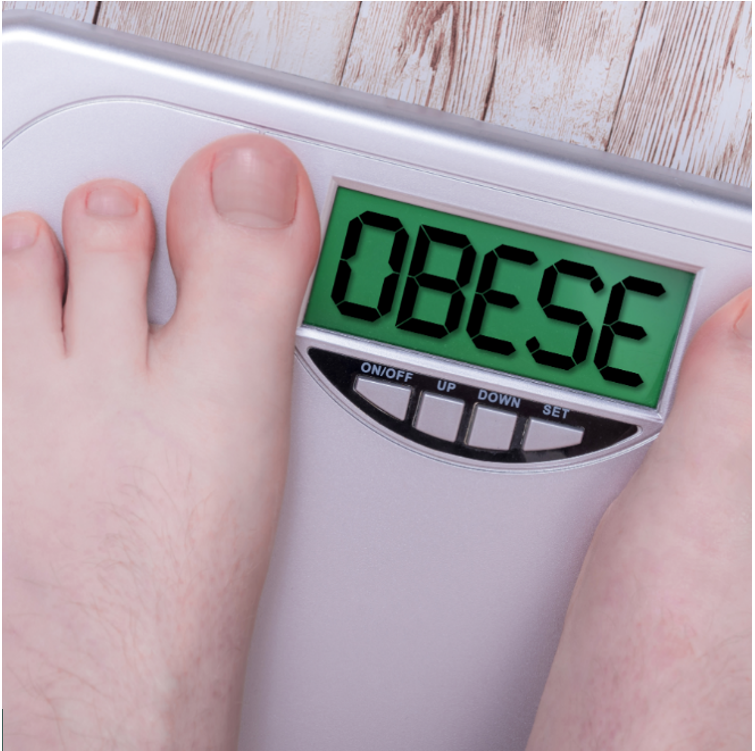When the Weight We Carry Isn’t Just Physical: Understanding the Link Between Trauma and Obesity
We often think of weight gain in terms of what we eat, how much we move, or our genetic makeup. And while those factors matter, there’s a deeper story that’s often overlooked—a story rooted in trauma.
As a clinician, I’ve seen clients who did everything “right”—meal plans, workouts, discipline—but still struggled with obesity. Digging deeper, what often emerged was a history of trauma: childhood abuse, sexual assault, neglect, domestic violence, or chronic emotional stress. These weren’t just memories. They were survival blueprints etched into the body’s chemistry, patterns, and coping mechanisms.
The Hidden Biology of Trauma
Trauma disrupts the body’s stress regulation systems. Cortisol, our primary stress hormone, doesn’t just help us flee danger—it also encourages fat storage, particularly around the midsection. This isn’t a coincidence. It’s biology responding to perceived threat. When trauma is chronic or unresolved, the body remains in a persistent state of alert. Over time, this contributes to metabolic dysregulation, sleep disturbance, emotional eating, and even insulin resistance.
In one well-cited study, researchers found that women with a history of childhood sexual abuse were 45% more likely to be obese later in life (Williamson et al., 2002). Another study published in The Journal of the American Medical Association (JAMA) linked adverse childhood experiences (ACEs) directly to increased risk of obesity in adulthood.
Emotional Eating Is About More Than Willpower
People don’t choose obesity—they often develop it as a shield. Food can soothe. It can numb. It provides a sense of control in a world that once felt dangerous or unpredictable. Trauma survivors may not even realize they’re eating to regulate emotion, because it started so early and became so ingrained.
And in a culture that praises thinness while mocking “emotional eaters,” the shame that comes with weight gain only compounds the cycle.
Online Therapy Offers a Safe Space to Heal
Here’s the good news: healing is possible. Trauma-informed therapy can help individuals identify the emotional roots of their relationship with food and body. At Virtual-Counseling.com, our licensed mental health counselors specialize in working with clients who carry both emotional and physical burdens. Through secure online counseling, we provide compassionate care tailored to your story—whether that involves PTSD, anxiety, disordered eating, or long-standing self-esteem wounds.
Teletherapy makes it easier than ever to access help. There’s no commute, no waiting room, and no judgment—just support from clinicians who truly understand the intersection of trauma, behavioral health, and the complexity of obesity.
At Virtual-Counseling.com, we’re not just here to help you manage symptoms. We’re here to help you reclaim your story. Whether you’re just beginning to explore online therapy or are ready to take the next step, we invite you to explore our blog library for more insight and resources.
To speak with one of our licensed counselors or schedule an appointment, visit https://virtual-counseling.com. Healing starts with a single click—and a safe space to be seen.
